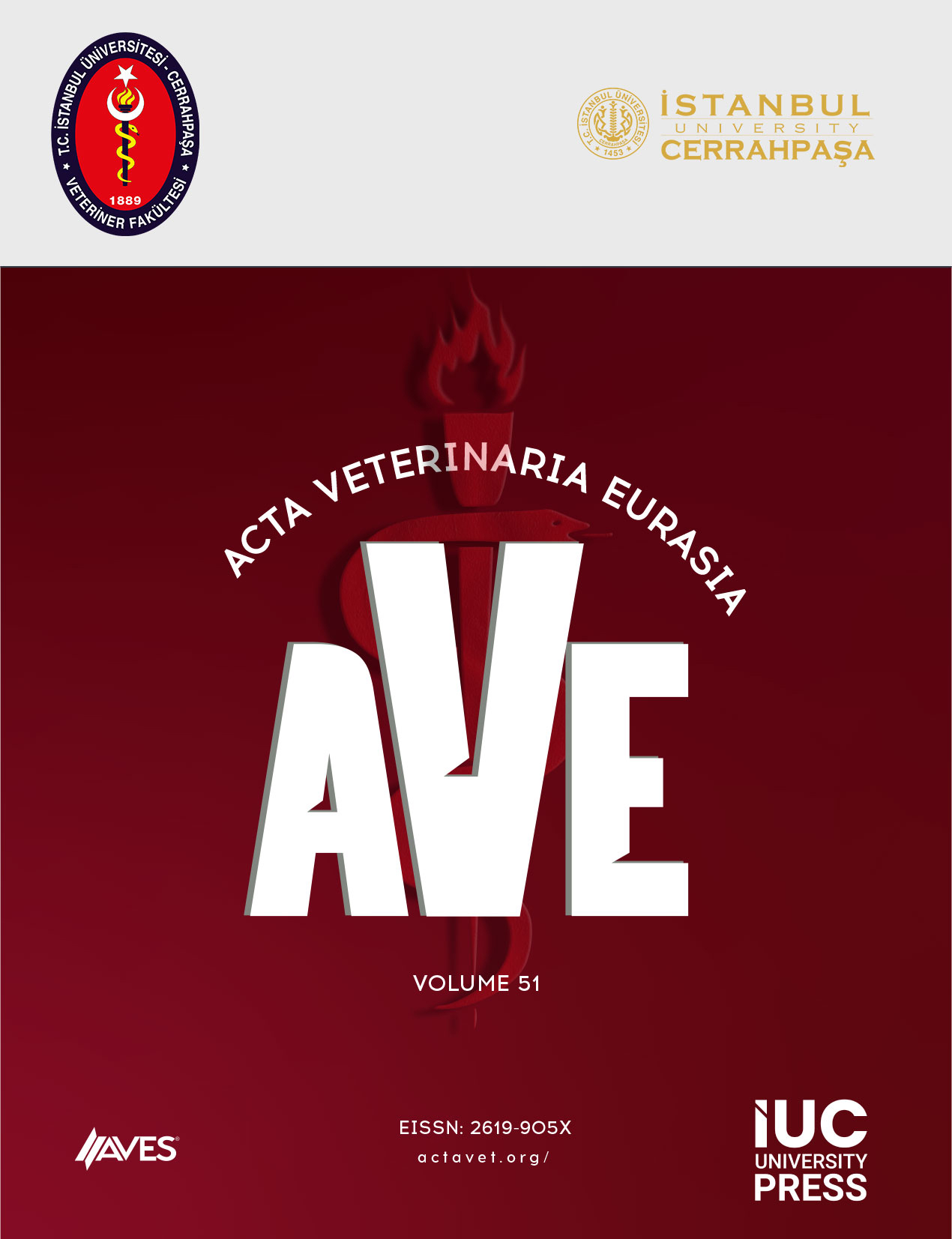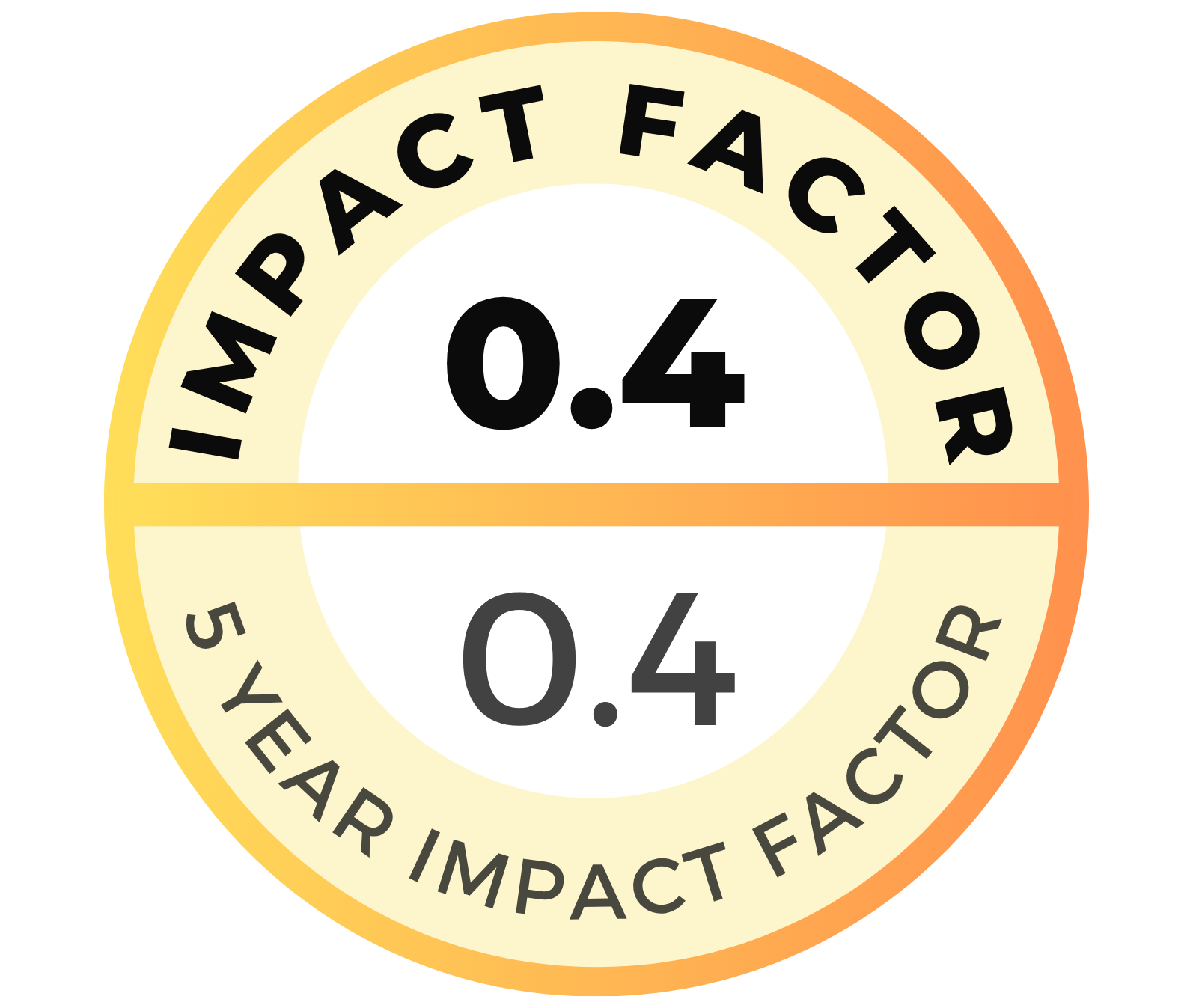Abstract
This study aimed to determine the effects of Myrtus communis L. fruit extract on the diabetes-related glycemic and lipid profile, some serum biochemical parameters, and mRNA expression of some endogenous substances in type 2 diabetes. A total of 54 healthy male Swiss albino mice were divided into 5 groups. Except for the mice in the healthy control group, the mice in the other group were fed high-fat diets, and streptozotocin (50 mg/kg) was administered. No medication was administered to the animals in the diabetes control group. Metformin (200 mg/kg), Myrtus communis L. fruit extract (2 g/kg), and metformin+Myrtus communis L. fruit extract were administered orally to D+ metformin, D+Myrtus communis L. fruit extract, and D+Myrtus communis L. fruit extract+ metformin groups for 14 days, respectively. In serum samples, glucose, triglyceride, cholesterol, aspartate aminotransferase, alanine aminotransferase , and blood urea nitrogen were measured with an autoanalyzer and hemoglobin A1C (Hb1Ac) was measured with an Hb1Ac analyzer. Adiponectin, insulin, leptin, and adenosine monophosphate-activated protein kinase levels were analyzed in an ELISA reader in serum samples. The mRNA expressions of glucose transporter-1 (GLUT-1), glucose transporter-4 (GLUT-4), peroxisome proliferator-activated receptor-α (PPAR-α), and peroxisome proliferator-activated receptor-γ (PPAR-γ) in the liver and striated muscles were determined with real-time polymerase chain reaction. Compared to the diabetic control group, Myrtus communis L. fruit extract significantly improved serum glucose, cholesterol, and triglyceride levels (p < .05) and significantly increased serum adiponectin, AMPK, and leptin levels (p < .05). The Myrtus communis L. fruit extract Myrtus communis significantly increased GLUT-1, PPAR-α, and PPAR-γ mRNA expressions in striated muscle tissue (p < .05) but did not cause any changes in the liver. In conclusion, it may be stated that the Myrtus communis L. fruit extract had a significant positive impact on both glucose and lipid metabolism. Further studies are needed to elucidate the mechanisms of action of Myrtus communis L. fruit extract and its application in human diabetes treatment.
Cite this article as: Parlak, T. M., Traş, B., Üney, K., & Suvarıklı Alan, B. (2024). Antidiabetic effect of hydroalcoholic extract of Myrtus communis L. fruit in a type 2 diabetes mouse model. Acta Veterinaria Eurasia, 50(3), 210-217.





.png)